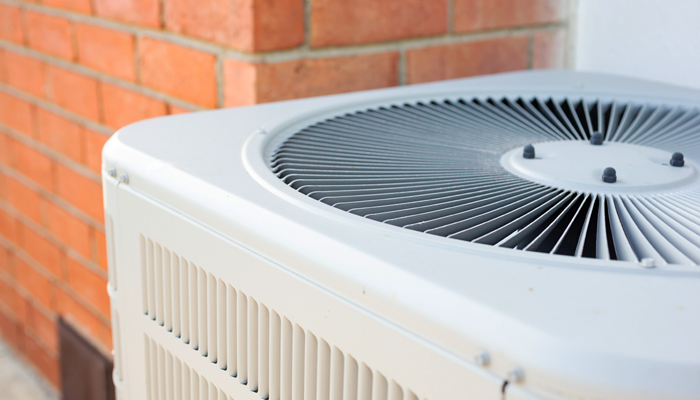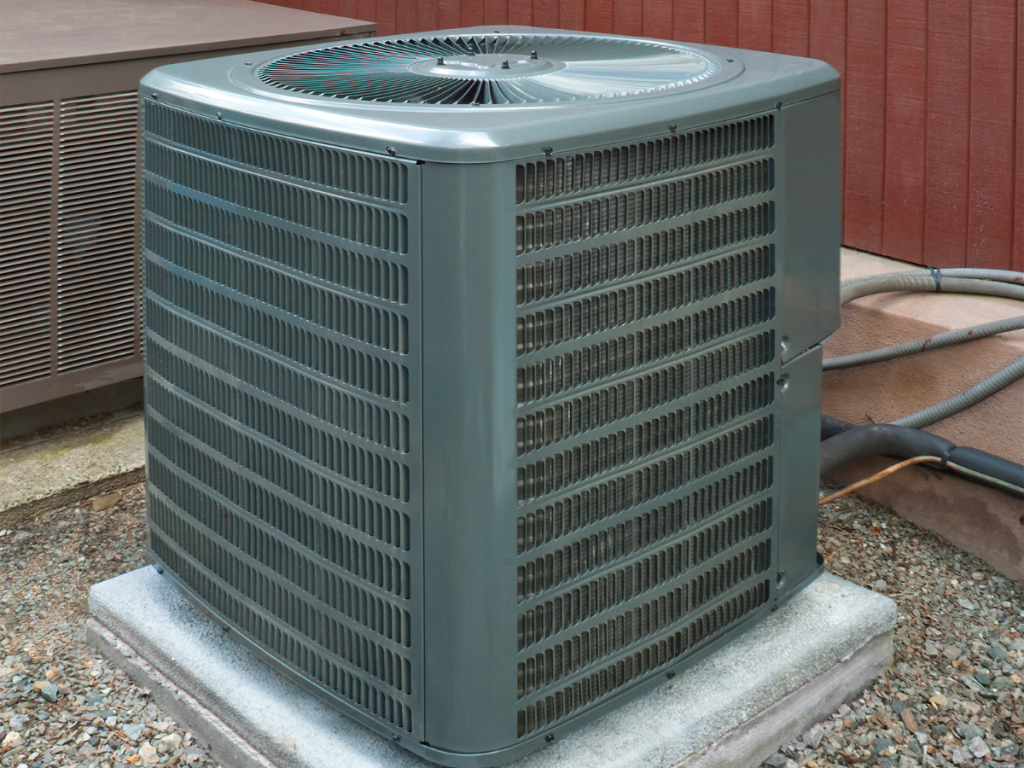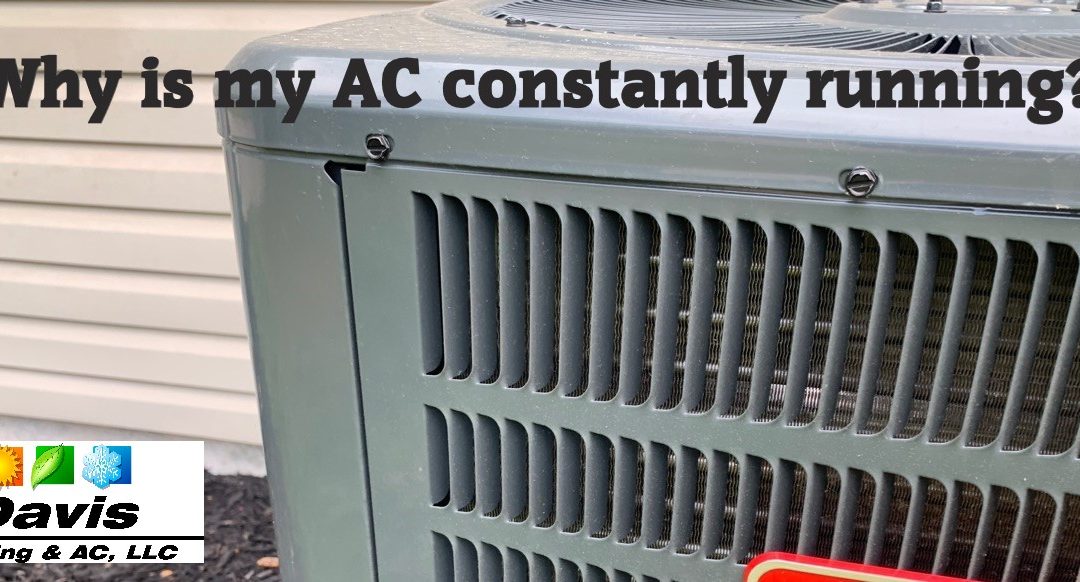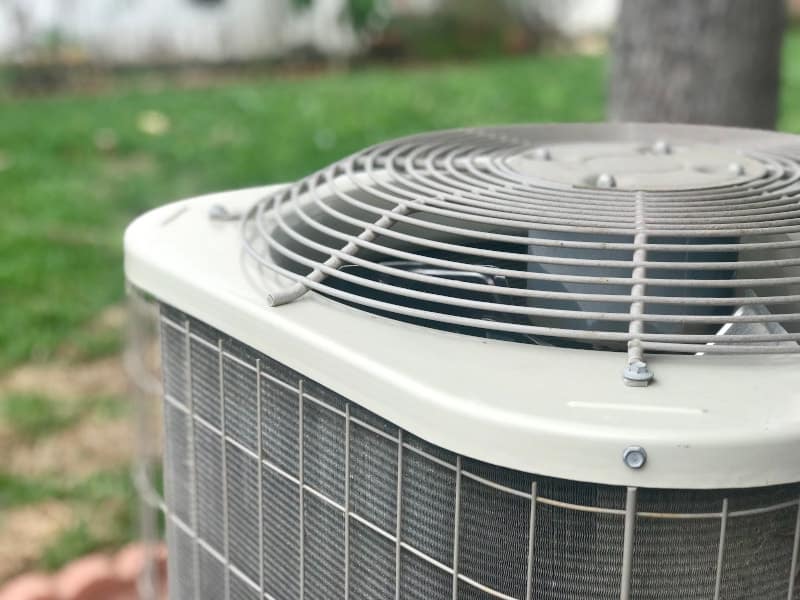Why Is My Central Air Running Constantly
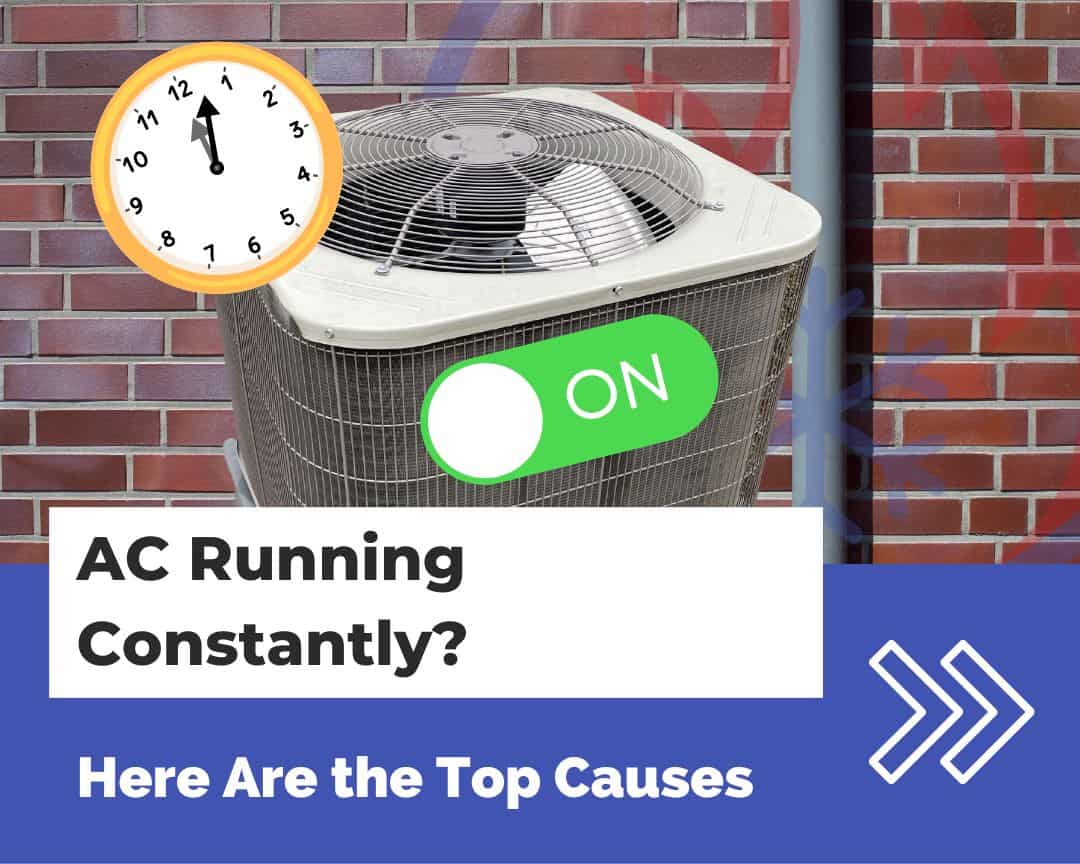
A central air conditioning system running constantly can be a homeowner's worst nightmare, especially when that translates into sky-high energy bills. But before you resign yourself to a summer of sweating and financial strain, let's dive into the common culprits behind this frustrating problem, explore potential solutions, and discover how you can optimize your HVAC system for peak energy efficiency.
Understanding the Problem: Why Continuous Operation Matters
Ideally, your central AC should cycle on and off, maintaining a consistent temperature while minimizing energy consumption. When it runs continuously, it indicates a problem that needs immediate attention. Continuous operation not only drains your wallet but also puts undue stress on your HVAC system, potentially leading to premature failure and costly repairs. Furthermore, an AC struggling to maintain temperature might not be dehumidifying the air effectively, leading to discomfort and potential mold growth.
According to the Energy Star program, a properly functioning air conditioner should maintain a consistent temperature within a degree or two of the thermostat setting. If your system is running constantly and still struggling to achieve this, it's a clear sign something is amiss. The Department of Energy also provides useful resources for homeowners to understand energy efficiency and rebates that are available for upgrading to more efficient systems.
Common Causes of Constant AC Operation
1. Thermostat Issues
The thermostat is the brain of your HVAC system. A malfunctioning or improperly set thermostat can easily lead to continuous operation. Consider these thermostat-related problems:
- Incorrect Settings: Ensure your thermostat is set to "Cool" and the desired temperature is appropriate for the weather. Avoid setting it too low, as this can overwork the system.
- Calibration Problems: An improperly calibrated thermostat might read the room temperature inaccurately, causing the AC to run longer than necessary. You can often recalibrate it yourself or call an HVAC technician.
- Placement Issues: A thermostat placed in direct sunlight or near a heat source (like a lamp) will give a false reading, causing the AC to overcompensate.
- Faulty Thermostat: If your thermostat is old or damaged, it may simply be malfunctioning. Consider upgrading to a smart thermostat for enhanced control and energy-saving features.
2. Dirty Air Filter
A clogged air filter is one of the most common culprits behind a constantly running AC. A dirty filter restricts airflow, forcing your AC to work harder and longer to cool your home. This can also lead to the evaporator coil freezing up, further reducing efficiency. According to HVAC experts, replacing your air filter every 1-3 months can improve your system's efficiency by 5-15%. It's a simple and inexpensive task with a significant ROI.
3. Refrigerant Leaks
Refrigerant is the lifeblood of your AC system. It's the substance that absorbs heat from the air, cooling your home. A refrigerant leak reduces the system's cooling capacity, forcing it to run constantly to try and reach the desired temperature. A common sign of a leak is ice buildup on the refrigerant lines. Refrigerant leaks require professional repair and should be addressed promptly to prevent further damage to your system. Be aware of the type of refrigerant your system uses as older refrigerants like R-22 are being phased out and can be expensive to replace.
4. Condenser Coil Issues
The condenser coil is located outside your home and is responsible for releasing heat. If the coil is dirty or blocked by debris (leaves, grass clippings, etc.), it can't effectively dissipate heat, causing the AC to overwork. Regularly cleaning the condenser coil can significantly improve its efficiency. You can carefully clean it yourself with a garden hose and a soft brush, or hire a professional for a more thorough cleaning.
5. Ductwork Leaks
Leaky ductwork can waste a significant amount of cooled air, forcing your AC to run longer to compensate for the loss. According to the EPA, duct leaks can account for as much as 20-30% of a home's total heating and cooling energy consumption. Inspect your ductwork for visible leaks and seal them with duct tape or mastic sealant. For a more comprehensive solution, consider having your ductwork professionally inspected and sealed.
6. Undersized or Oversized AC Unit
An AC unit that is either too small or too large for your home can lead to problems. An undersized unit will struggle to cool your home effectively, running constantly without ever reaching the desired temperature. An oversized unit, on the other hand, may cool your home too quickly, leading to short cycling (frequent on-off cycles) and poor dehumidification. A professional HVAC technician can perform a load calculation to determine the appropriate size AC unit for your home.
7. Insulation Problems
Inadequate insulation allows heat to enter your home more easily, forcing your AC to work harder to maintain a comfortable temperature. Proper insulation in your attic, walls, and floors can significantly reduce your energy consumption and improve your home's comfort. The Department of Energy recommends specific insulation levels (R-values) for different climates. Consult with an insulation professional to determine the best insulation solution for your home.
8. Blocked Vents
Blocked supply or return vents will restrict airflow. Make sure that curtains, furniture, or other obstructions are not blocking vents. Blocked vents decrease the efficiency of your system and may cause it to run constantly.
Solutions and Optimization Strategies
Once you've identified the cause of your constantly running AC, you can implement the following solutions and optimization strategies:
- Regular Maintenance: Schedule regular maintenance with a qualified HVAC technician. They can inspect your system, clean the coils, check refrigerant levels, and identify potential problems before they escalate.
- Smart Thermostat: Upgrade to a smart thermostat for enhanced control and energy-saving features. Smart thermostats can learn your habits and automatically adjust the temperature to optimize energy efficiency. Many offer features like geofencing (adjusting the temperature based on your location) and energy usage reports.
- Duct Sealing and Insulation: Have your ductwork professionally inspected and sealed to prevent air leaks. Add or upgrade insulation in your attic, walls, and floors to reduce heat transfer.
- Energy-Efficient Upgrades: Consider upgrading to a more energy-efficient AC unit. Look for models with a high SEER (Seasonal Energy Efficiency Ratio) rating. Energy Star certified AC units offer significant energy savings compared to older models. You might even qualify for tax rebates and incentives for energy-efficient upgrades.
- Zoning Systems: Install a zoning system to control the temperature in different areas of your home independently. This allows you to cool only the rooms you're using, reducing energy waste.
- Professional Consultation: Consult with a qualified HVAC technician to diagnose and repair any complex issues with your AC system. They can perform pressure tests, leak detection, and other specialized services to ensure your system is running efficiently.
Smart HVAC Integration: The Future of Energy Efficiency
Integrating your HVAC system with smart home technology can further enhance energy efficiency and comfort. Smart thermostats, sensors, and even smart vents can work together to optimize your home's cooling and heating. For example, sensors can detect occupancy and adjust the temperature accordingly, while smart vents can redirect airflow to specific rooms based on demand. These systems can provide detailed energy usage reports, allowing you to track your savings and identify areas for improvement. Consider brands such as Nest, Ecobee, and Honeywell for smart home integration.
Cost Savings and ROI
Investing in energy-efficient HVAC solutions can provide a significant return on investment in the long run. By reducing your energy consumption, you can lower your monthly utility bills and save hundreds or even thousands of dollars per year. Additionally, a well-maintained and efficient HVAC system will last longer, reducing the need for costly repairs or replacements. Government rebates, tax credits, and utility company incentives can further offset the upfront costs of energy-efficient upgrades.
Conclusion
A constantly running central AC system is a problem that should be addressed promptly. By understanding the common causes, implementing effective solutions, and embracing smart HVAC technology, you can optimize your system for peak energy efficiency, lower your energy bills, and enjoy a more comfortable home. Don't delay in investigating the issue and taking the necessary steps to restore your AC system to its optimal performance. Consult with a qualified HVAC professional to ensure you are getting the best possible advice and service.

